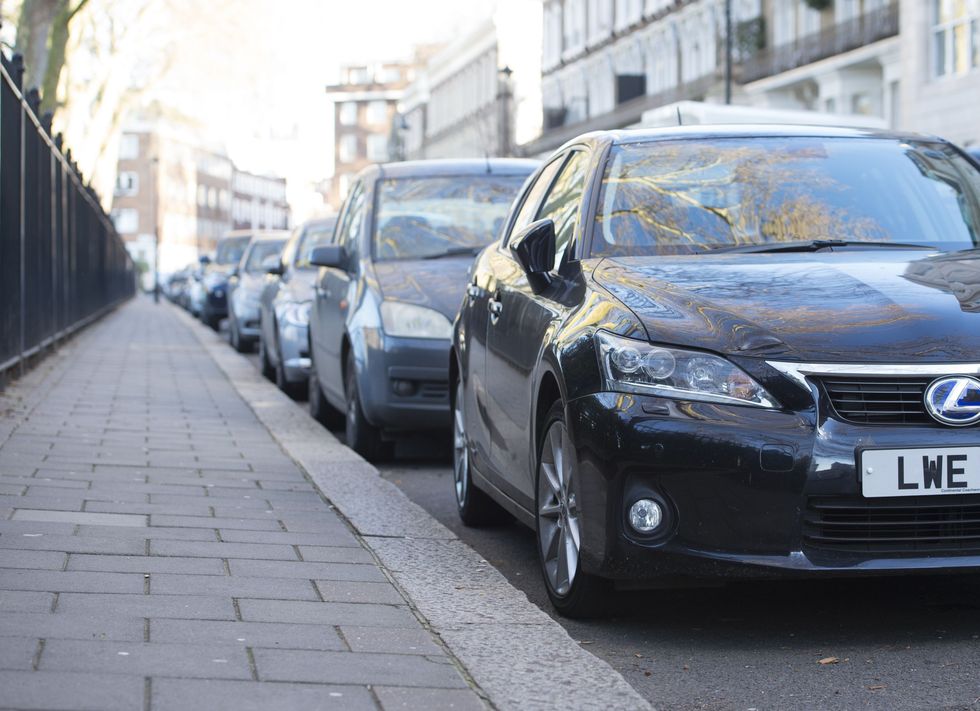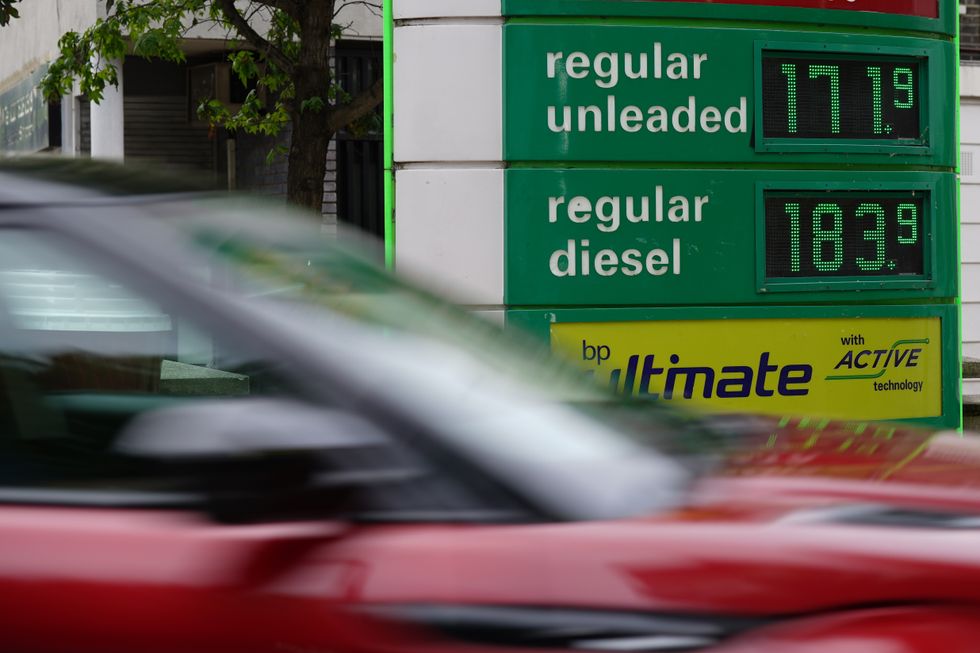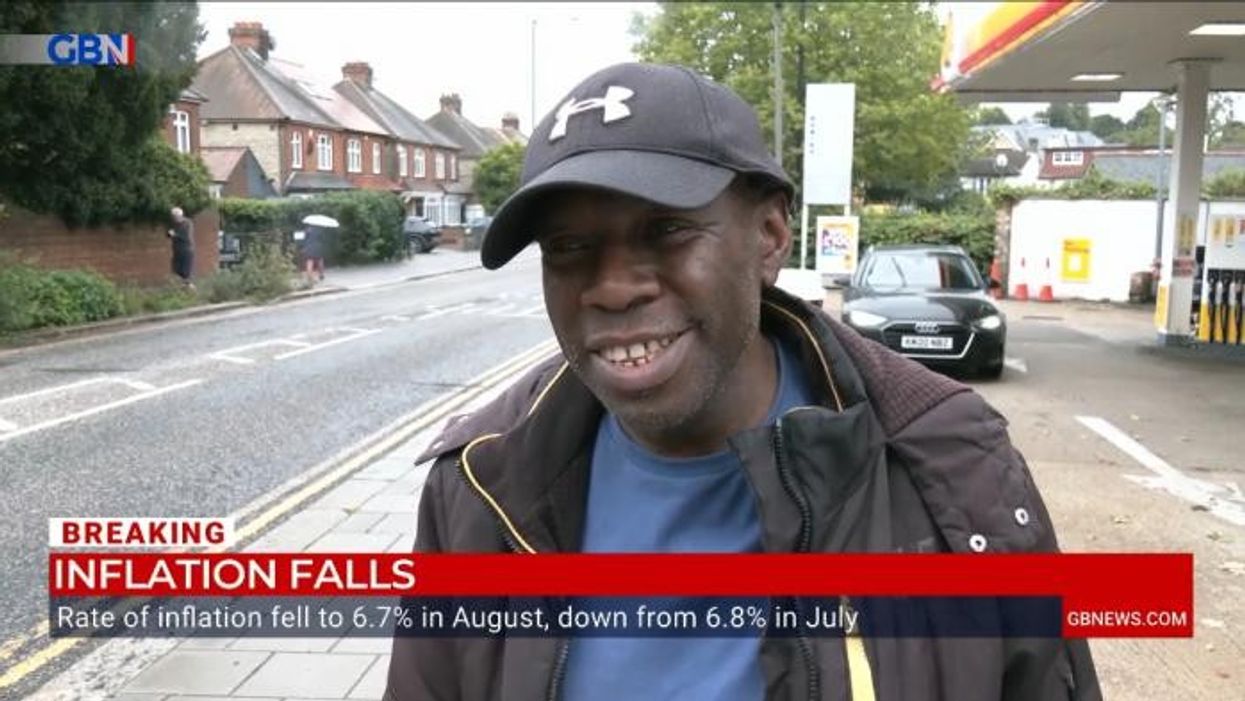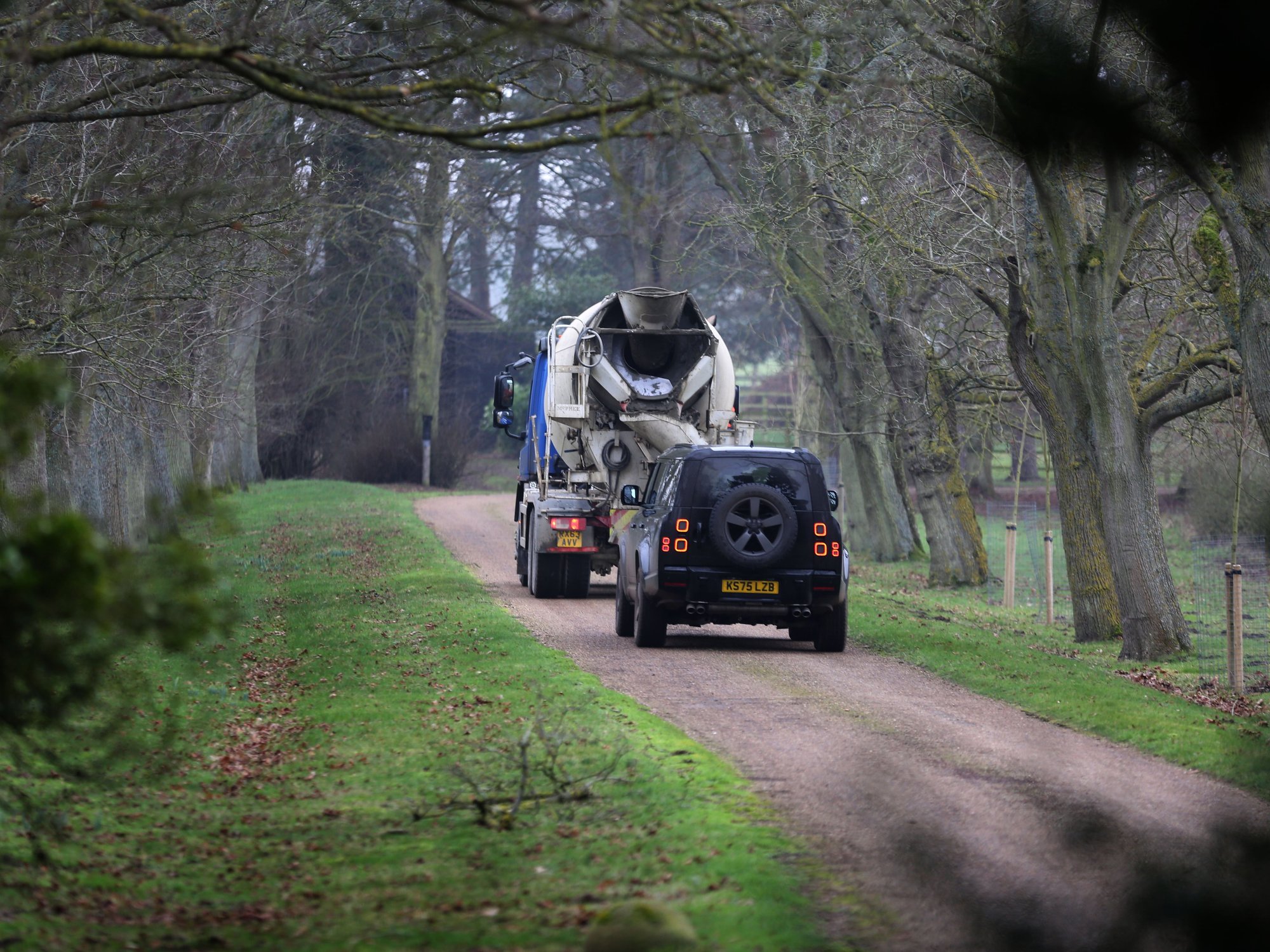Petrol and diesel cars are ‘definitely losing their cool’ as drivers look to ditch vehicles over high costs

'Owning and running a car has become far too expensive for a lot of people'
Don't Miss
Most Read
Latest
Britons may be looking to get rid of their vehicles and instead opt for bicycles and electric transport options when travelling to work in response to rising costs.
New data has found that 27 per cent of people aged between 18 and 24 now cycle or use more sustainable methods when getting to their job.
There have been some suggestions that this is down to people under financial pressure, especially with motoring costs.
Drivers have been struggling with the rising price of being behind the wheel with tax, car insurance and fuel prices all having a huge impact on vehicle owners.

Millions of drivers are facing more expensive costs through tax, insurance and fuel
|PA
Almost a third of people said their commute had become more expensive since the pandemic and the return to office working patterns.
Research from Expressway revealed that 72 per cent of people aged between 19 and 23 years old now rely more on public transport compared to three years ago.
Oliver Montague, CEO and co-founder of Swytch, commented on the data, saying the strain on drivers was forcing some to change their travel habits.
He said: “All research indicates that young people are driving less than in the 1990s, and I think that as sustainability becomes a key priority for the likes of millennials and Gen Z’s, petrol and diesel cars are definitely ‘losing their cool’.
“This is especially true now amid a cost of living crisis when owning and running a car has become far too expensive for a lot of people.
“However, young people across the UK still need to get around, and I think the e-bike industry boom is proof that many are opting for this mode of transport to save money and travel sustainably.”
According to the Light Electric Vehicle Association, more than one million electric bikes were sold last year, with projections showing the global e-bike industry could reach £100billion by 2030.
While they are powered vehicles, they are legally classed as being in the same category as bicycles.
An e-bike – which can also be referred to as an electrically assisted pedal cycle (EAPC) – can be ridden on cycle paths and anywhere else pedal bikes are allowed.
It can be designated as such a vehicle if the electric motor has a maximum output of 250 watts and it cannot propel the bike to speeds higher than 15.5mph.
This was being done to allow motorists to keep hold of their vehicles for longer, as well as allowing the price of electric vehicles to fall and promoting the growth of the national charging network.
LATEST DEVELOPMENTS:

Fuel prices are contributing to the rising cost of motoring
|PA
Many people are keeping their cars for a longer period of time given the high cost of buying a new petrol, diesel or electric car, as well as second-hand models.
The average lifespan of a vehicle in 2015 was 13.9 years, with some experts suggesting that this number could increase in the coming years.











